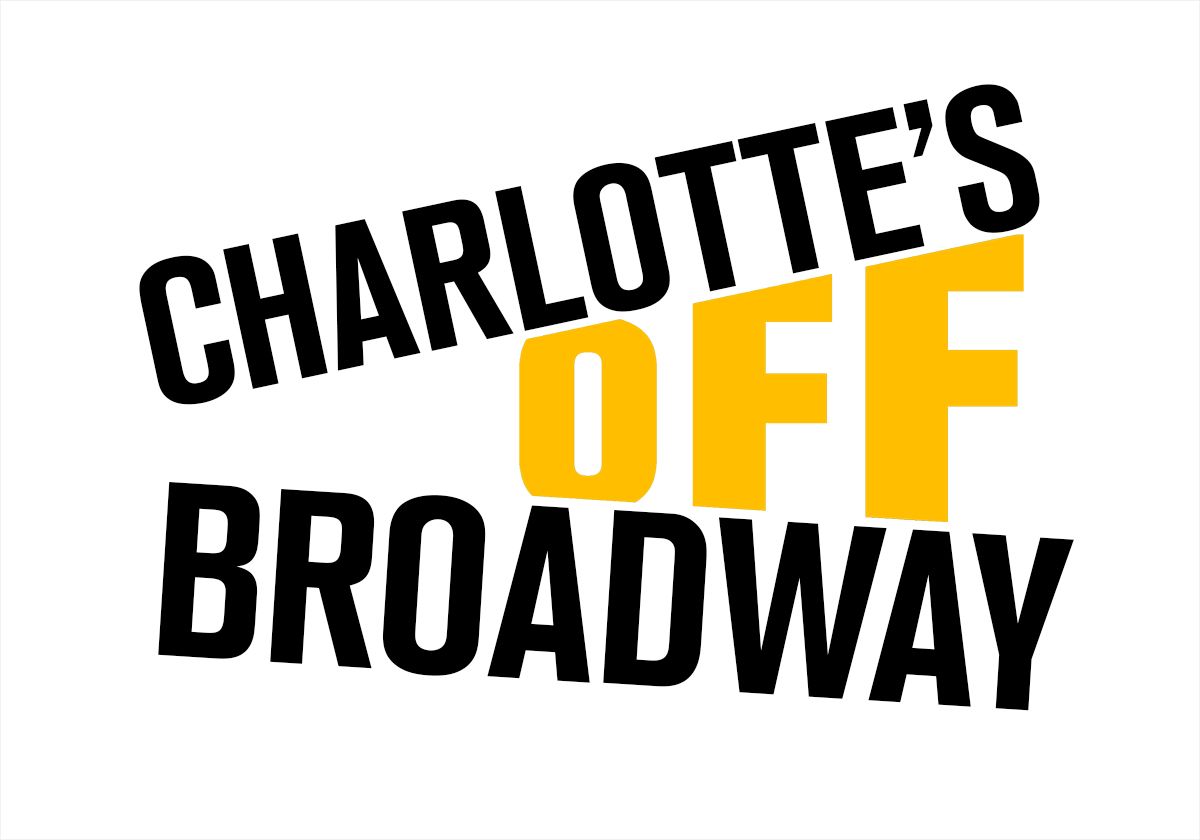I offer information to my students in my Master Class for Acting & Scene Study about scams being perpetrated on actors. Master Class is the first class that all my students attend before moving to Workshop Advanced for the Working Actor. Last week, my student who is in now in Workshop Advanced online asked me if she should consider attending a showcase at the cost of $3,000 that an agency was promoting. Two months ago, this student asked me about this particular agency when they first reached out with an interest in representing her. I Googled this agency and it had horrific one-star reviews. Yes, ONE-STAR reviews. They were accused of scamming actors with charges for classes and showcases that didn’t produce results. Even though I cautioned her about this type of agency and I pulled up information that I sent to her about this particular agency’s reviews, and even though I went over New York and California state laws (it’s unlawful for an agent to take money from an actor for anything that isn’t a commission from the actor’s work) that were passed to protect actors from unscrupulous agents, my student disregarded everything I cautioned and she handed over money to take a class through this agency. She was now asking me about handing over $3.000 to them for a showcase. There is no showcase that will produce results worthy of a $3,000 investment. I don’t understand why people wanting a career in acting can be so gullible.
I’ve seen highway billboards and I’ve heard radio commercials promoting companies that pander to parents and preteens with promises of stardom, luring them with bogus information about working on Disney projects, Nickelodeon projects, etc. The radio advertisement features a perky voice-over saying something like, “Disney and Nickelodeon are looking for the next star. You can be discovered! We are having an open call this weekend at (pick a name of a hotel in your town). Our talent scouts will be there—do not miss your chance to be discovered. Call for more details.” For those who call, they get to perform at an open call audition with hundreds of others. They are then told that they have been chosen, but will need to pay a fee for pictures, classes, etc., or worse, they are told to pay a fee without any benefit. It’s a scam!
Please never pay someone for the promise of an acting role or representation. Again, an agent should never take money from an actor except for a commission from the actor’s acting work. An agent needs to be state licensed to become a SAG-AFTRA franchised agent, and an agent should only take ten percent commission of their client’s union acting income. If the talent is a star and making a large salary the talent might negotiate for their agent to take a lesser percentage. In New York and California, state licensed agents are not allowed to take more than ten percent even if a project is nonunion. There are right-to-work states in the US which allow for talent agents to take a larger commission, usually twenty percent of nonunion work. Different states in the US have different laws pertaining to the commission an agent may take. In New York and California, the entertainment business is regulated, and it is against the law to charge actors for a promise of work. As I mentioned above, I have seen it time and time again, where an entity calling themselves a talent agent, manager, or scout charges astronomical fees with a promise of the aspiring actor being discovered. Once more, these are scams. It does not happen that way.
Instead of falling for these money-fleecing activities, if you are ready to work and you are looking for representation, you should email and US Mail your picture and resume with a link your reel to agents in your area. Other opportunities to secure an agent include networking with other actors who have seen your talented work and are willing to recommend you to their agents, attending a reputable showcase locally (modest fee for rental of theatre, equipment and crew), or appearing in a local theatre production. You should invite agents to see your work. Make sure to comp the agents’ theatre tickets (two tickets per agent) and their transportation needs to attend.
Another practice, which is in a gray area, is casting director workshops. Casting directors usually work per project, and when they have off-time they will teach a workshop to fill in their income. Actors think that if they attend the workshops, they will be noticed and get work from the casting directors. This is called pay-to-play. In California, the “Krekorian Talent Scam Prevention Act” is a law in effect to stop casting directors and casting companies from charging the
actor a fee to audition under the guise of education. Therefore, a casting director who meets an actor who has paid a fee for the workshop cannot have the intention of hiring that actor from the workshop. Most casting directors are members of the Casting Society of America (CSA), whose union guidelines support the Krekorian Act. Casting director workshops have been in the entertainment industry culture since the 1980s. An unsuspecting new actor who thinks they
will be discovered by attending can be taken advantage of. I personally have never gotten a job because of attending a casting director workshop. If a reasonably priced workshop is offered by a sought-after casting director, who is casting film, television, or theatre, and you think you are going to get information or an education on how to audition, then attend. Attend for information only, not a job. After meeting the casting director at a workshop, do send printed postcards, along with your headshot and emails letting them know every time you appear in a play, showcase, standup comedy, series, or film. If it can be argued that you sent your picture in and that is why you were asked to audition and were cast, and not because of a workshop, the casting director is not breaking the law. The casting director might not remember you from the workshop, but if your face keeps appearing on their desk with your updated resume, you will be remembered and possibly you will be invited to audition when there is a role right for you.
I hope this information has helped you traverse the land of scams in the entertainment industry. If it sounds too good to be true, it is too good to be true! Please remember that.



